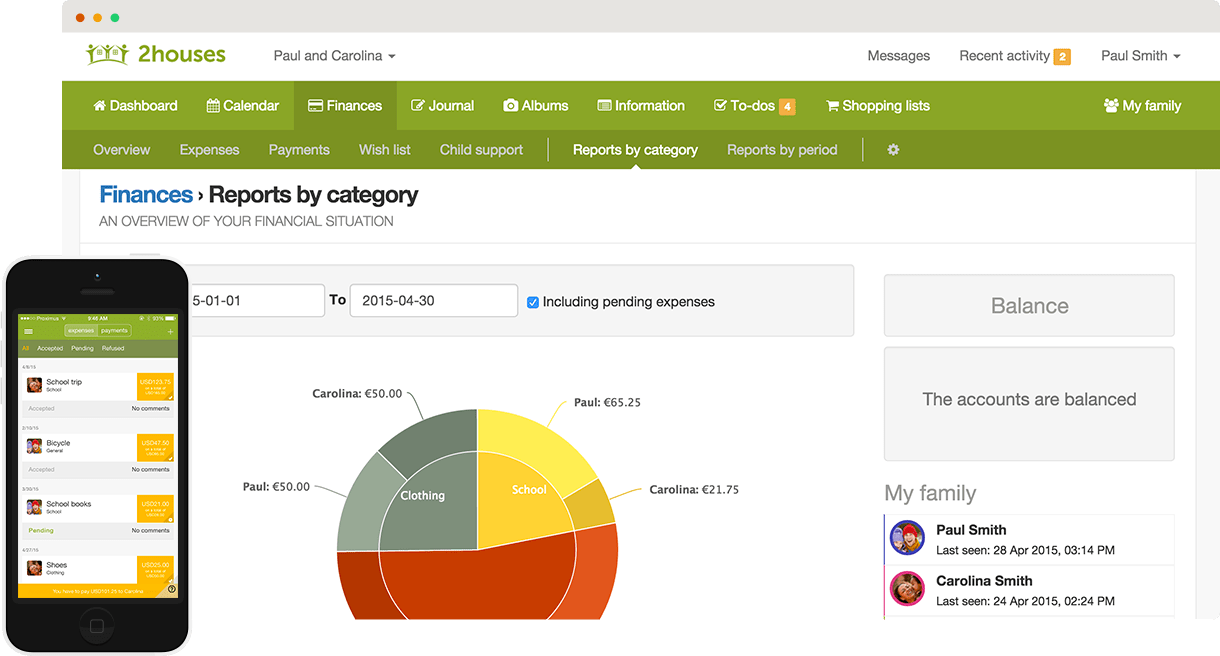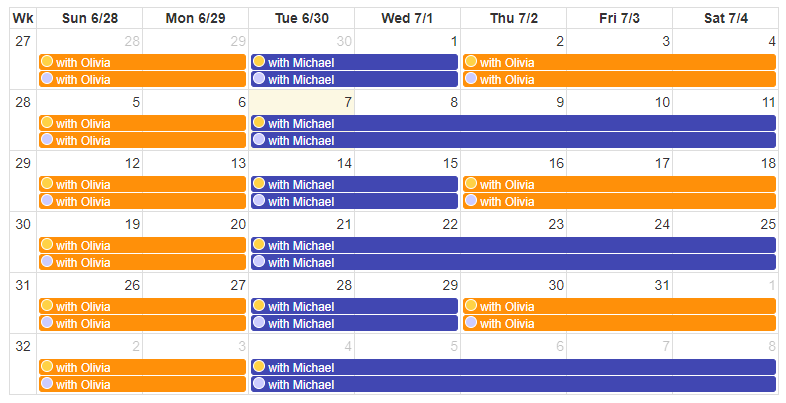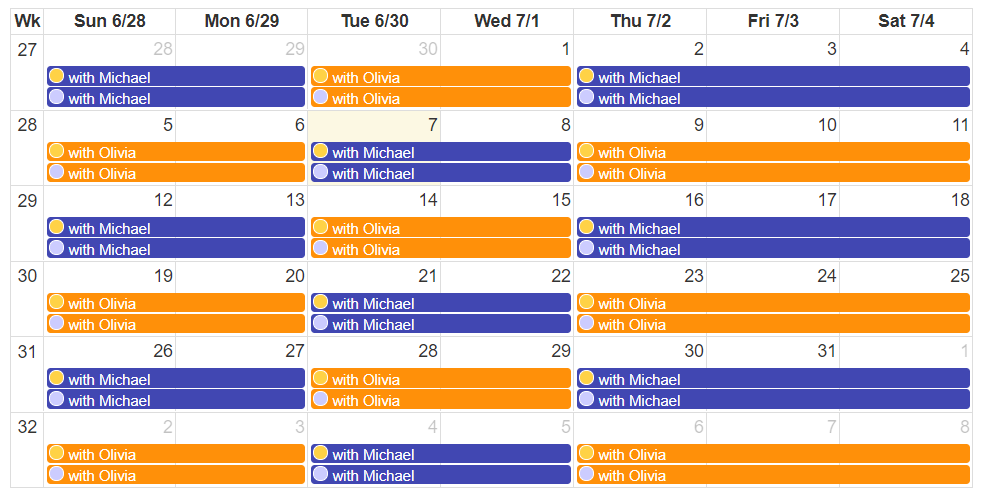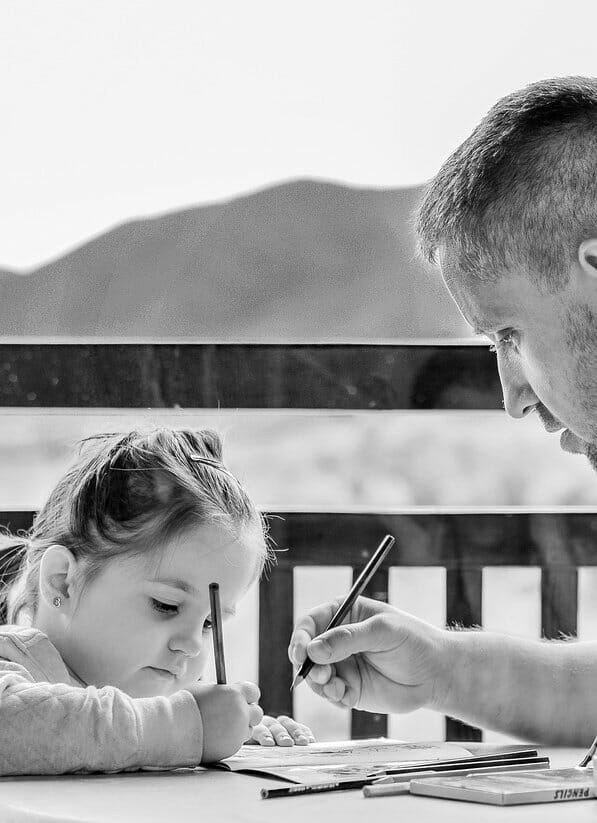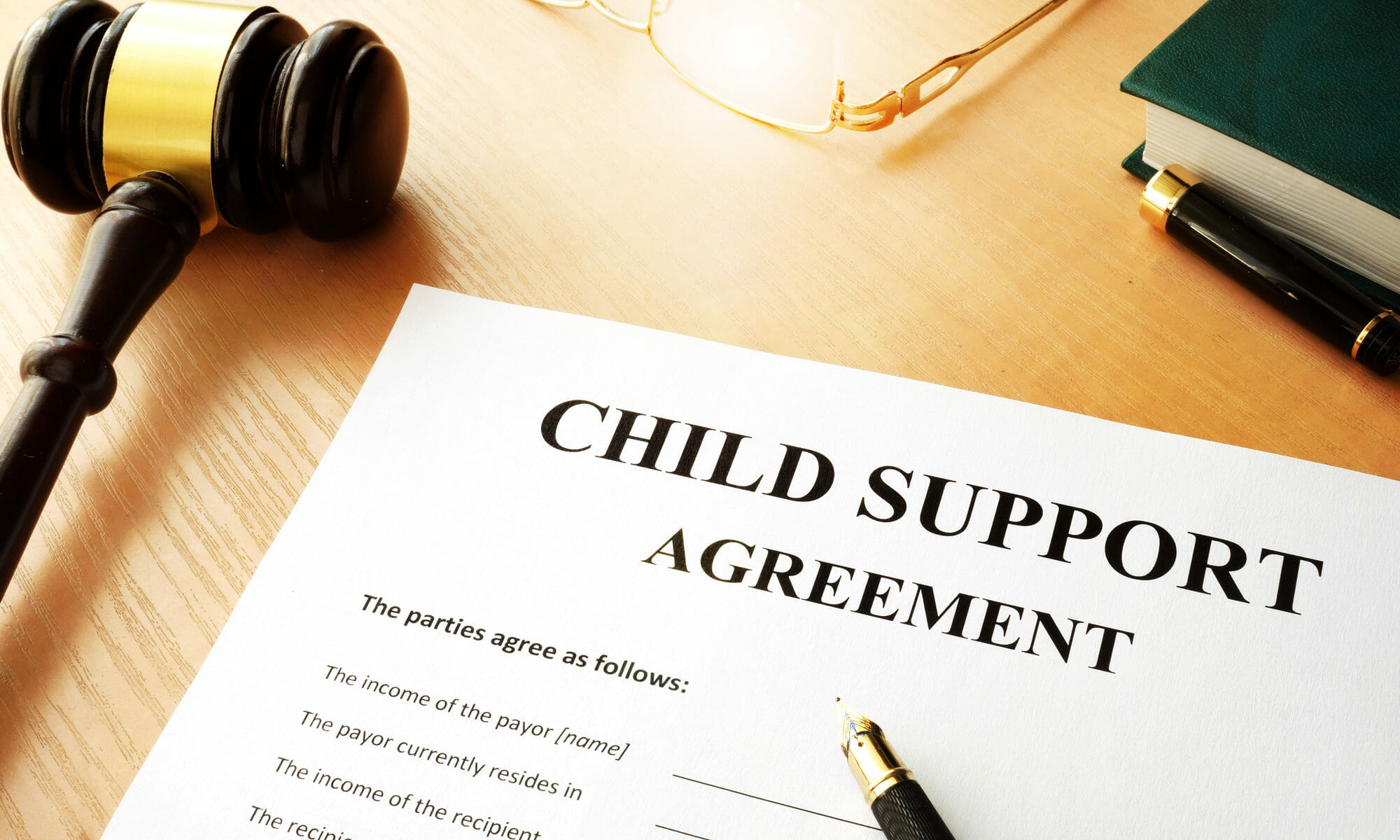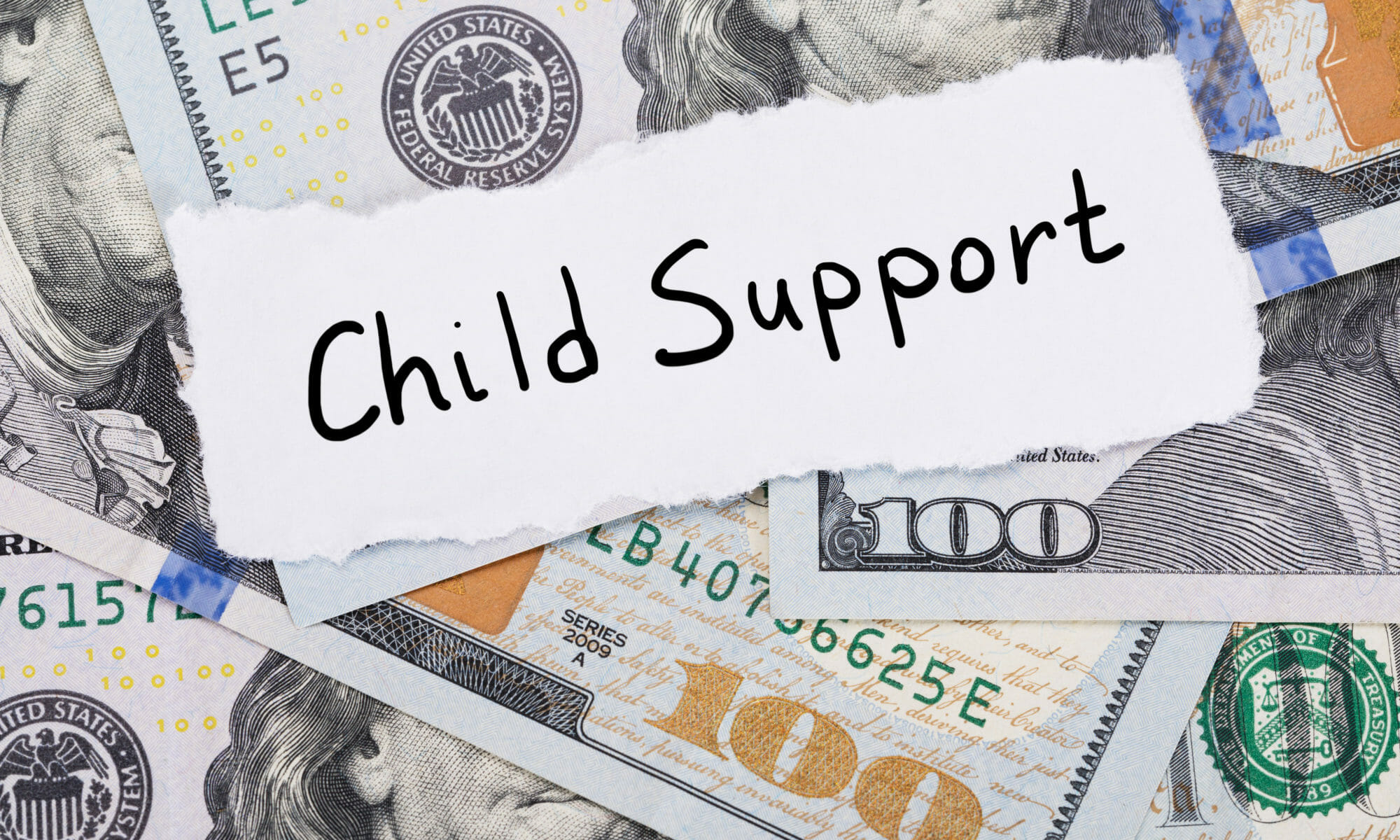If you’ve just made the decision to go your separate ways or are currently in the middle of a divorce, being friends with your ex might seem like an impossible task. But studies have shown that co-parents who are able to go beyond basic civility and have open, friendly relationships can make the entire process of divorce and everything that comes after easier on their children. However, this doesn’t mean that learning how to be friends with your ex is easy or something you just naturally know how to do. In this article, we give some tips and strategies on how to set up a friendly relationship from the beginning to help make your co-parenting journey more positive.
Remember Where You’ve Been
When you’re trying to move forward, it’s important to look toward the future, but that doesn’t mean forgetting all about the past as well. One thing that can help you create a more positive friendship with your ex is to consider all of the good things that came out of the relationship. Your children are the biggest thing, but there are likely also others, such as friends that your ex introduced you to or memories of trips or experiences that had a positive effect on your life.
It can also be helpful to think about what you liked about the other person to begin with. Maybe you loved his sense of humor or you really appreciated the way she was able to look at situations objectively and problem-solve. Keeping these things front of mind when dealing with the other parent can help you remember that this person is more than just an ex and does have qualities that can be positive and helpful in the co-parenting relationship.
Acknowledge the Grief
While the end of your relationship may have been the best thing for both of you and the children, it’s still a loss, and it’s important to acknowledge that. Nobody likes to feel the sadness, hurt and uncertainty that comes with the end of a relationship, but trying to gloss over it and pretend that everything is OK isn’t healthy and is likely to end up causing problems down the road when all of those pushed-aside feelings finally resurface.
To truly be friends with your ex, you need to have grieved the end of your romantic relationship so that you can honestly wish them well — even when new significant others come into the picture. It’s important to understand that this takes time, and the longer you were in the relationship, the longer it usually takes to go through the full grieving process. This doesn’t mean that you have to sit and watch sappy movies for weeks on end, but you should focus on being honest with yourself about how you feel, what went wrong, what you’re learning from the experience and how it’s helping you grow moving forward. It can also be helpful to talk to a counselor or other trusted advisor to get an outside perspective. Also, remember that the grieving process isn’t linear. You may feel fine after a couple of months only to be hit by another round a few weeks later. And that’s OK. Just focus on being kind to yourself and open and honest about where you’re at with your feelings to ensure you aren’t ignoring issues or emotions that need to be dealt with.
Define the Boundaries
Boundaries are important in any relationship but especially so when you are trying to turn what was a romantic relationship into a friendship moving forward. Boundaries ensure everyone is on the same page with what your goals are as co-parents and what you want to be able to accomplish together during this season of life focused on your children. Defining these boundaries is the first step. It can also help you make sure that both parties are at a place where they are able to move forward as friends. If one party still has feelings for the other or is still harboring a lot of anger or bitterness over the breakup, it can make a friendship very difficult.
Consider having a meeting with your ex over coffee so you can discuss your future as co-parents. You might use some of the following points to start off:
- What decisions should we make together?
- What issues are we OK with one person making an executive decision?
- How will we communicate about schedules and issues relating to the children?
- When do you think it’s appropriate to introduce the children to a new significant other?
- If one of us remarries, how will that affect our co-parenting relationship?
- How do you see us celebrating holidays, birthdays and other special events?
It’s important to be honest during these conversations and to leave the door open for future meetings as things progress and the children get older. You may find that something that worked for a while isn’t now and you need to reassess.
Remember that your friendship with your ex doesn’t have to look like someone else’s. Maybe your best friend only talks to her ex when necessary and just waves at pickups and drop-offs, but you would like to go on family vacations together or celebrate holidays as a family. Whatever works for both of you is all that matters.
Keep Communicating
Once you have had a conversation and have a good idea of what you want things to look like moving forward, it’s important to continue to work on keeping those lines of communication open. You may find that things you thought were going to be OK — like having joint birthday parties — don’t actually work in practice, and it’s perfectly normal for some things to be re-evaluated. You may also find that your co-parenting relationship needs to adapt as the kids get older and start getting more involved in their own lives or have more input into decisions.
Some families find that scheduling regular check-in style meetings works for them to ensure any issues that come up are dealt with early on instead of pushed to the side and allowed to fester into major problems. Others prefer to just communicate regularly through messages like the tools built in to the 2houses app and address things as they come up. It may take some trial and error to find a system that works for your specific situation.
Don’t Forget the Kids
While it’s always a positive thing for parents to work on their relationship as friends, you’ll need to be aware of how it may look to your children. Divorce is difficult for children no matter the circumstances, and many kids fantasize about the parents getting back together. It’s easy for children to mistake your efforts to get along as friends and put the past behind you as evidence that you are patching things up and might be able to rekindle the romantic relationship.
While you may not be able to get your children to give up the fantasy of their parents together entirely, letting them know that the two of you are going to be working on your friendship and trying to be more positive in your relationship can help frame things better. For example, if you are planning a family vacation together, you might let your children know that you’ve decided to go on vacation together to save money, but that you’ll have separate rooms.
Being honest with your children and ensuring that they feel comfortable coming to you with questions or concerns can also help. Consider the following example: You start dating and find someone where things are progressing enough to introduce them to the children. You do, but your child is instantly negative and starts yelling and crying and throwing a tantrum. It may be that this new person arriving on the scene seems like a threat to that fantasy of the parents getting back together. If your child is able to discuss this with you openly and honestly, you can deal with it head on and explain that while you understand why they would like that, it just isn’t going to happen and focusing on the future is the best course of action.
Creating a friendship with your ex can be a very positive and rewarding experience, but it doesn’t happen overnight. It’s important to be realistic in your expectations — and the timeline for them to happen — and remember that it’s going to be hard work at times. However, that work is almost always worth it when it comes to the positive effect it can have on your children and how they weather separation and divorce.
To find out more about how you can make the co-parenting journey easy, check out all the features 2houses has to offer and our blog on topics specifically for divorced parents.




